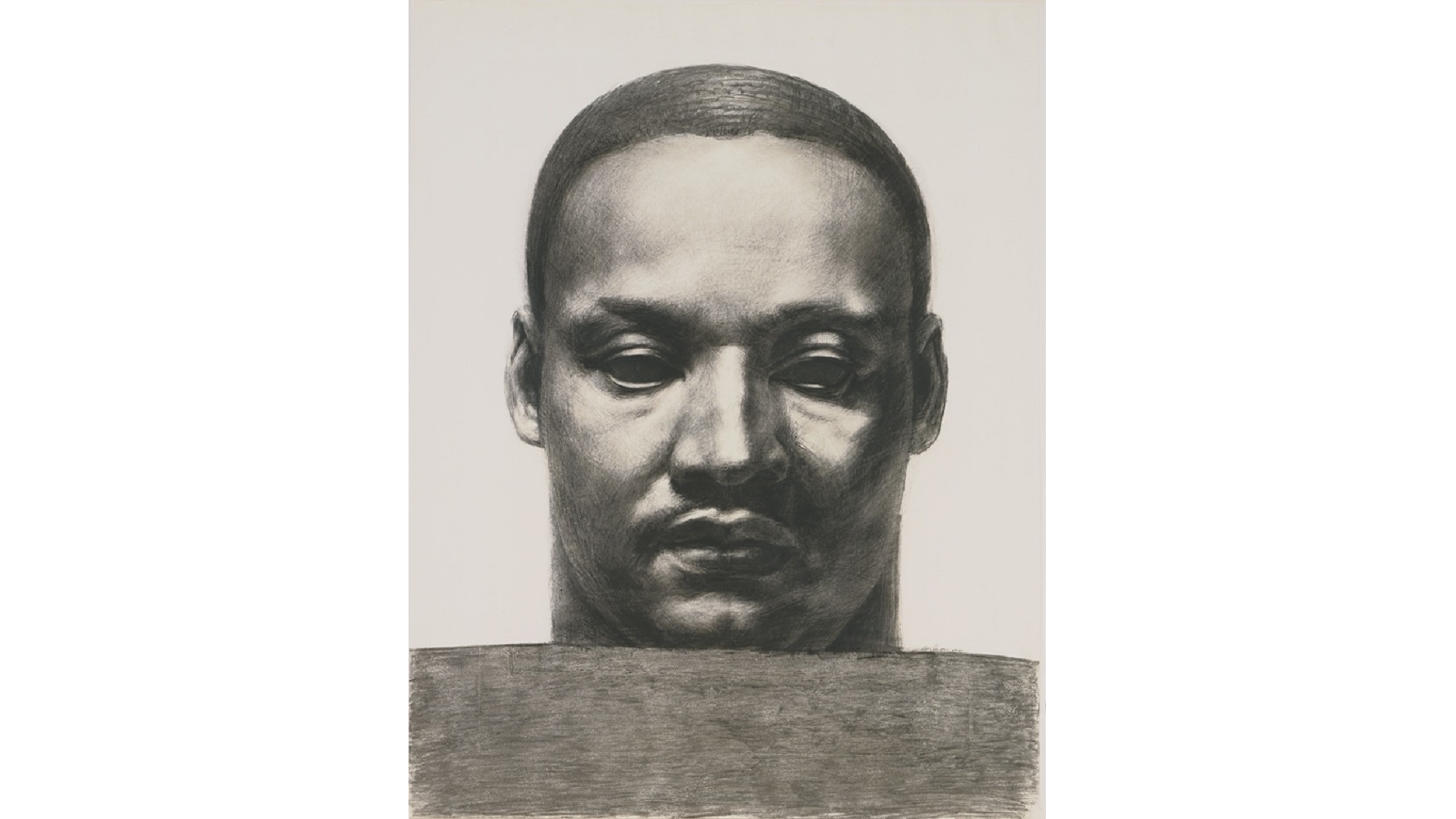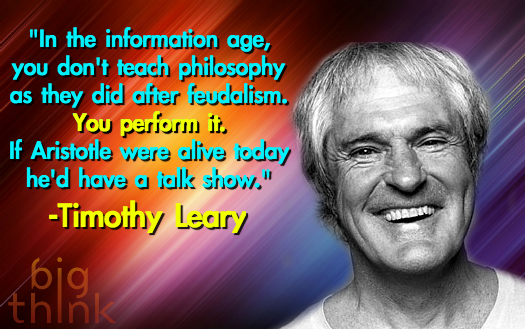Our tolerance for slowpokes has declined over the past few decades.
Search Results
You searched for: Richard Hoffman
Just as a Roman household needed slaves, so companies need staff.
Frozen water at the poles of the moon represents a potential cash cow for firms that want to capitalize on the emerging private space industry.
BMJ blogger Richard Smith makes the bold claim that dying of cancer is the best form of death and certainly preferable to a sudden passing. Do you agree?
Medical professionals say low self-esteem and not feeling “man enough” are driving men’s dogged attempts to achieve a lean and muscular body.
What do “Yesterday,” “Satisfaction,” “My Generation,” “The Sound of Silence,” “California Girls,” and “Like a Rolling Stone” all have in common? They were all hits in 1965, the year author Andrew Grant Jackson calls “the most revolutionary year in music.” In 1965: The Most Revolutionary Year in Music, Jackson weaves a fascinating narrative of how popular music and social change influenced one another to create a year memorable not only for great music, but also for great progress in American culture. In this whirlwind tour of multiple genres of music as well as multiple pressing political issues, Jackson states a compelling case for 1965 as a key turning point in American music and society as well as provides a mirror for how music and society interact today, 50 years later.
Airlines make a lot of money by creating miserable flying accommodations and then charging customers “convenience fees” to avoid them.
The fortunes used for philanthropic purposes by American billionaires like Bill Gates and Warren Buffett will run dry just decades after their patrons pass away.
When eating a vegan, sugar-free, gluten-free diet becomes a lifestyle, the medicinal benefits may outpace those offered by strong prescription painkillers.
With the May 1st grand opening to the public of its new building in Manhattan’s Meatpacking District, the Whitney Museum launches a new era not only in the New York City art scene, but also, possibly, in the very world of museums. Thanks to a Renzo Piano-designed new building built, as Whitney Director Adam D. Weinberg put it, “from the inside out” to serve the interests of the art and the patrons first, the new Whitney and its classic collection of American art stretching back to 1900 has drawn excited raves and exasperated rants from critics. Their inaugural exhibition, America Is Hard to See, gathers together long-loved classic works with rarely seen newcomers to create a paradox of old and new to mirror the many paradoxes of the American history the art embodies and critiques by turns. This shock of the new (and old) is the must-see art event of the year.
“The extasy [sic] of abstract beauty,” artist Richard Pousette-Dart scrawled in 1981 in a notebook on a page across from a Georges Braque-looking abstract pencil drawing. Although included in Nina Leen’s iconic 1951 Life magazine photo “The Irascibles” that featured Abstract Expressionist heavyweights Jackson Pollock, Willem de Kooning, Mark Rothko, and Barnett Newman, Pousette-Dart has always stood on the edges, as he does in the photo, of full identification with that group.
What if you could set yourself up to have a different memory in the future? Researchers say just post a false event to your social network feed.
Michio Kaku: Can We Download Our Brains? One day we might be able to download our consciousness into a computer chip, preserving our personalities forever—but first we will have to […]
Author Steven Kotler explains the basic tenets of exponential technology growth cycles. Understanding these will allow savvy entrepreneurs to gain an advantage over their competition by way of exponential entrepreneurship.
The world is safer now than it ever has been, yet you wouldn’t know it judging from the behavior of a fear-addicted society.
Sony Pictures has cancelled the Christmas Day release of the action-comedy film “The Interview” amid terrorist threats that may or may not be linked to North Korea.
On February 8, 1915, at Clune’s Auditorium in Los Angeles, California, D. W. Griffith’s Birth of a Nation premiered. The fledgling art form of film would never be the same, especially in America, which even half a century after the end of the Civil War struggled to come to terms with race. Now, a century after Birth of a Nation’s premier, America still struggles not only with race, but also with how race plays out on the silver screen. For good and ill, Birth of a Nation marks the beginning of the first 100 years of the American Cinema—epically beautiful, yet often racially ugly.
Bill Nye: We May Discover Life on Europa Bill Nye (The Science Guy!) describes the possibility of discovering life on Europa, arguing that we might make such a discovery in […]
IBM’s talented and versatile Watson supercomputer is now about to become your own personal health guru. A new app will harness Watson’s abilities to allow you to obtain health and fitness advice similar to how you get driving directions from Siri.
Extremely concentrated wealth is bad for the people who possess it, sapping them of nobility, dignity, and charity.
While kind of discount airlines that Europe enjoys have not caught in the United States, an Icelandic carrier named WOW Air will soon offer inexpensive transatlantic flights.
Teens know about the health risks when it comes to smoking cigarettes, but they may be less educated about e-cigarettes. Studies show these electronic vapor devices are gaining popularity among youths.
Boarding an airplane is painfully slow, and while the back-to-front method used by most airlines is an intuitively good way to get people into their seats quickly, the results are mostly disastrous.
Psychologists recognize a thin line between creative genius and destructive psychopathy: general intelligence and so-called diversifying experiences that happen in childhood or young-adulthood.
Ever since the arrival of agriculture, and more recently, cubicles, modern society has begun selecting for those who can interest themselves in the repetitive, or least force themselves to tolerate it.
There is a point beyond which life is no longer worth living, both because of diminished mental and physical capacities, and because of how the living will remember us.
In late 2014, a court in Argentina took up the case of Sandra, a 29-year-old who has been held captive all her life. Born in Germany, taken from her parents […]
When the Philadelphia Museum of Art purchased Henry Ossawa Tanner’s painting The Annunciation in 1899, they became the first American museum to acquire a work by an African-American artist. That purchase announced a new era of recognition of African-American art and artists just as much as the painting itself announced a new style of art moving away from stereotypical “black” scenes towards a freedom of aesthetic choice. Persons of color could express themselves in any way, even abstraction, but faced the new problem of remaining true to themselves at the same time. The new exhibition Represent: 200 Years of African American Art and accompanying catalogue show how these artists faced the challenges posed to them by art and society and provide all of us with a fascinating guide to facing African-American history—tragic, tenacious, transcendent—through its art.
Photo credit: Richard Allaway / Flickr (2010) Photographer Richard Allaway’s description: “Glocalization is a term that was invented to emphasize that the globalization of a product is more likely to succeed […]
“In the information age, you don’t teach philosophy as they did after feudalism. You perform it. If Aristotle were alive today he’d have a talk show.”
-Timothy Leary



























